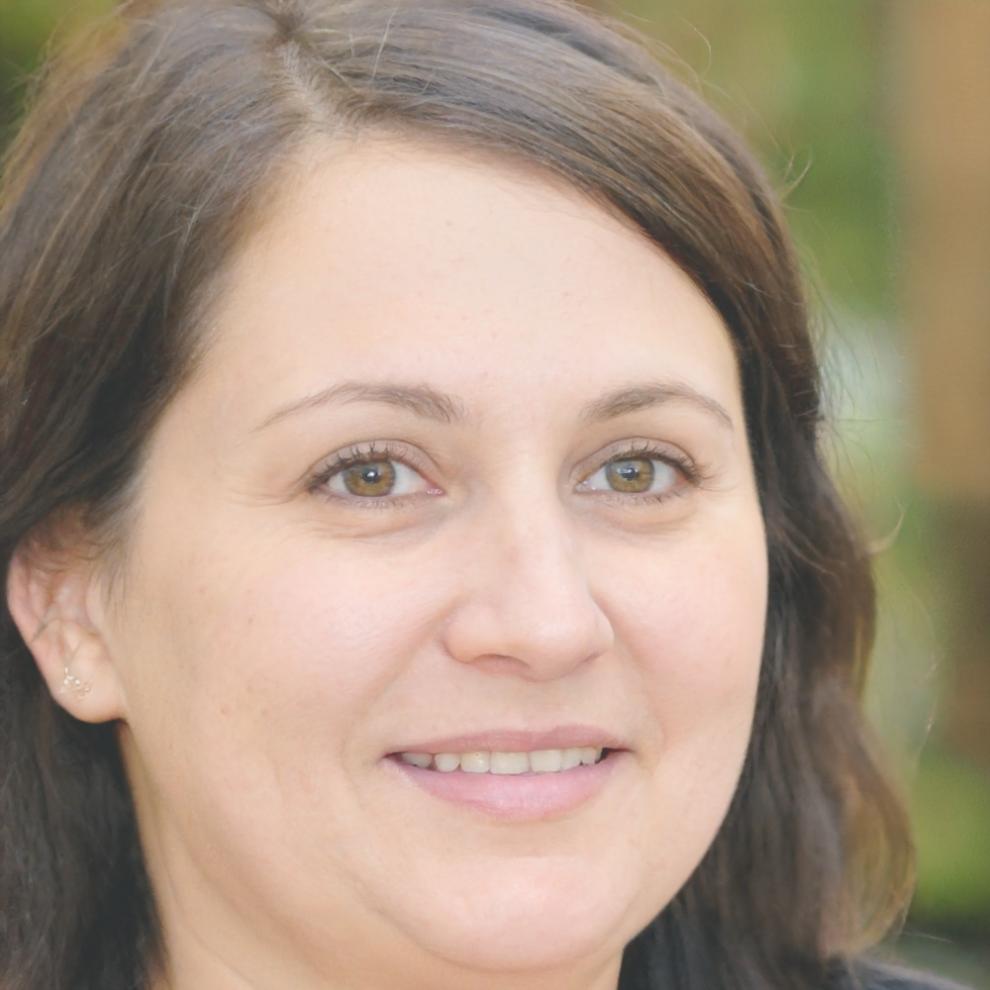Built by Game Developers, For Future Creators
We started Cognaxia because we kept meeting talented people stuck in the wrong tutorials. After years working on actual shipped titles, we know what skills matter and what gets ignored in most courses.
How This Started
Back in 2023, three of us were grabbing coffee after a particularly rough sprint. We'd just spent two weeks fixing collision bugs that could've been avoided with better foundational knowledge. One of us mentioned how we'd all learned most of this stuff through trial and error—not school.
That conversation kept coming up. We'd see junior developers struggle with the same gaps we had. The difference? We had studio environments to learn in. Most people trying to break in don't get that chance anymore.
So we started small. Weekend workshops teaching the actual workflow stuff that matters. The response surprised us. People didn't just want theory—they wanted to understand why decisions get made in production. By late 2024, we'd formalized the curriculum and brought in specialists from studios across Spain and beyond.

What Guides Our Teaching
Real Project Context
Every lesson connects to actual production scenarios. You'll understand not just the how, but the when and why behind technical choices.
Honest Skill Building
We don't promise overnight mastery. Game development takes time. Our programs stretch 8-12 months because that's what genuine skill development requires.
Industry Reality
Our instructors work in the field currently. When tools update or workflows change, you'll hear about it in class—not six months later.



How We Actually Teach
-
Studio-Style Projects
You work on briefs similar to what studios assign. Constraints included. This means learning to problem-solve within technical and time limitations rather than perfect conditions.
-
Review Sessions That Matter
Twice monthly, you present work to instructors and peers. We focus on decision-making process, not just polish. These sessions mirror real production reviews.
-
Flexible Pacing
Life happens. Our autumn 2025 cohort runs through spring 2026 with catch-up options built in. Miss a week? You won't fall permanently behind.
-
Portfolio Development
By month five, you start building portfolio pieces with instructor guidance. Not student work—actual showcase material that demonstrates specific skills.
Who's Teaching
Our instruction team rotates based on current projects and availability, but everyone teaching has shipped commercial titles. Here's one of our core curriculum designers:

Vera Linton
Lead Curriculum Designer
Vera spent seven years as a gameplay programmer before switching to education. She's particularly focused on helping students understand systems design—how different mechanics interact and why certain approaches scale better than others. She's the one who insists we teach version control in week two, not week ten.
